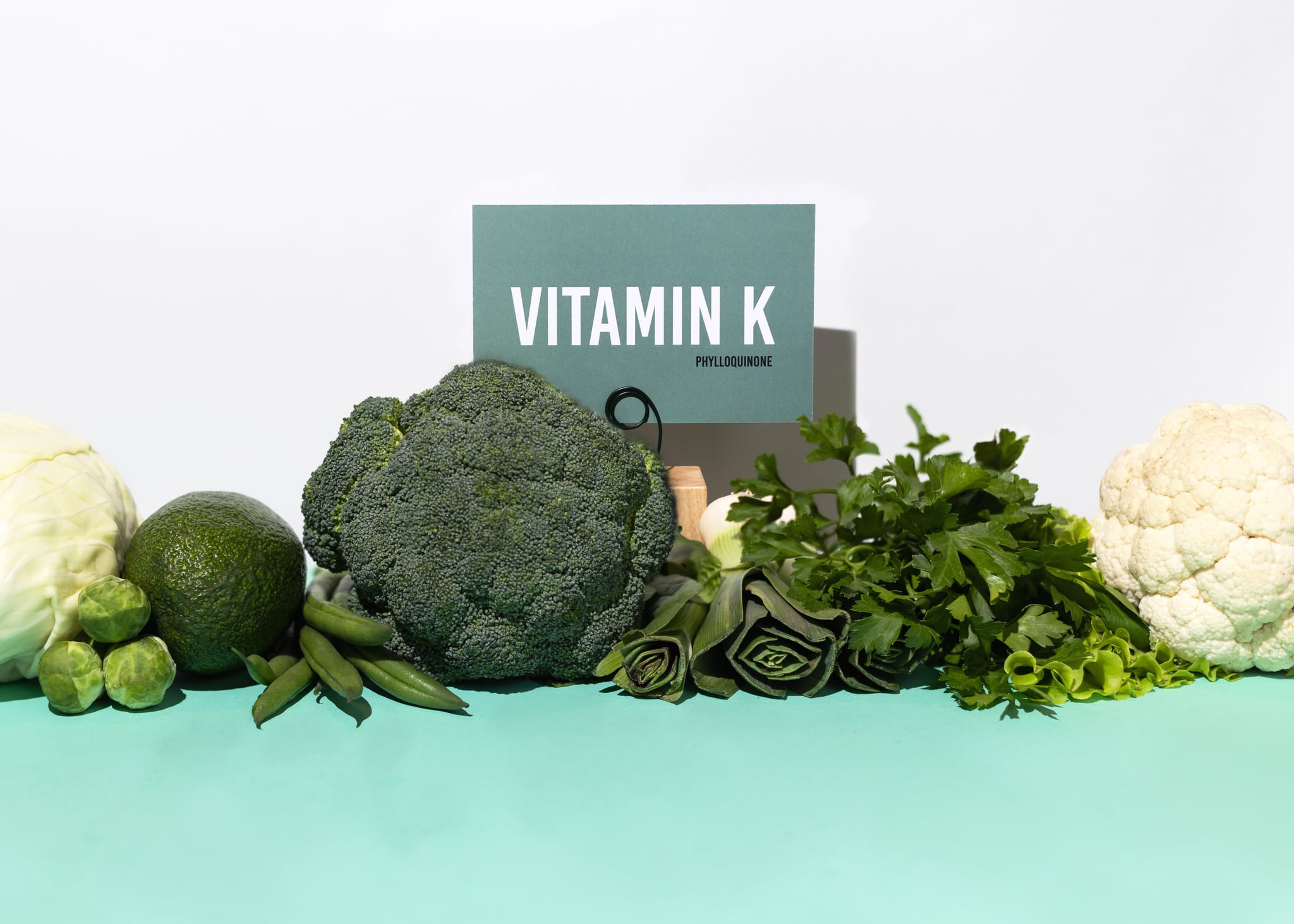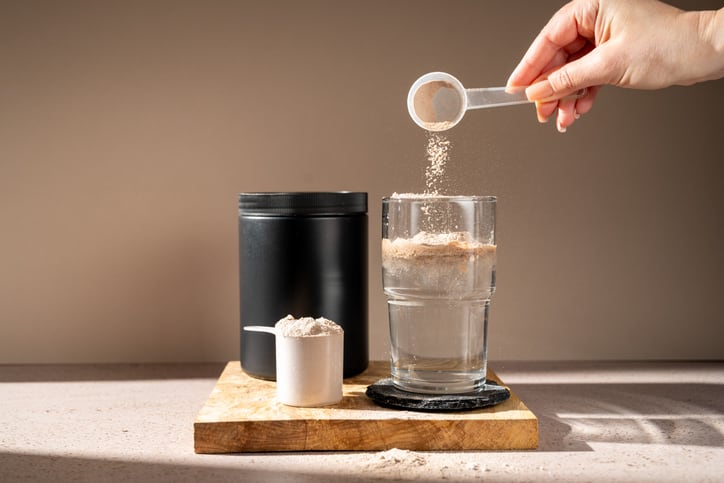Known as the “FANCL Health Big Data Survey“, the analysis looks at data collected from women who purchased FANCL’s personalised nutrition service “Personal One”.
Launched in 2020, the service makes health supplement recommendations based on consumer questionnaire and urine test results.
With the data collected, FANCL conducted an analysis on menopause concerns among women and published the findings last month.
Data from 18,483 women aged 40 to 59 who purchased “Personal One” for the first time between January 2020 and May 2024 was analysed.
This is also the first set of consumer findings that FANCL has released from its personalised nutrition service.
The company explained that menopause was chosen as the first topic as this was reported as a concern among many FANCL consumers.
More veggie, less concerns
Women who ate “green and yellow vegetables” such as broccoli, spinach, carrots, and pumpkin frequently were significantly less likely to easily feel fatigued, irritable or angry, or experience hot flash, said the findings.
For instance, among women who consumed “green and yellow vegetables” not even once per week, 72.8 per cent said they felt fatigue easily.
This percentage was lower at 66.2 per cent for women who consumed vegetables more than once per week, and even lower at 61.7 per cent for those who consumed vegetables more than once per day.
Women who ate vegetables more than once per day were also less likely to report feelings of irritability or anger - with 31.5 per cent having experienced such feelings.
In contrast, the percentage was higher at 40.6 per cent for women who ate vegetables not even at least once per week.
Mushrooms and whole grains have also reportedly produced similar effects, with women who consumed these foods more than once per day less likely to experience fatigue and hot flashes easily.
Sugar crash? More sweetened beverages, more easily fatigue
Another finding was that women who drank sweetened beverages - such as juice and canned coffee with sugar - were significantly more likely to report feelings of fatigue, irritability, and hot flashes.
Among women who drank sweetened beverages at least once per day, 73.3 per cent reported feeling fatigue easily.
Drinking sweetened beverages more than once per week did not make much difference - with 71.6 per cent reported feeling fatigue easily.
However, the percentage dropped to 61.9 per cent for women who drank sweetened beverages not even once per week.
Sleep and exercises
Lastly, the duration of sleep and frequency of exercises can also affect the severity of menopause symptoms.
Among those who slept less than six hours per day, 70.9 per cent were more likely to feel fatigue.
This is significantly higher than those who clocked more than six hours of sleep per day. For this group of women, 62.1 per cent reported feeling fatigue easily.
Lack of sleep seems to be a widespread issue among middle aged women in Japan.
Citing data from Japan’s Ministry of Health, Labour and Welfare’s 2023 National Health and Nutrition Survey, FANCL said that about half of the women in their 40s and 50s received less than six hours of sleep per day.
On the other hand, women who exercised more frequently were less likely to feel tired and irritable.
Out of those who exercised 30 minutes at least twice weekly, 55.3 per cent reported feeling fatigue easily.
However, the percentage significantly increases to 64.4 per cent among those who exercised about once per week.
Similarly, among the former, only 27.6 per cent reported feelings of irritability, while this was the case for 32 per cent of the latter.
Among the two groups, there was no significant difference in the percentage of women experiencing hot flashes.
“From the above results, we can see that those who frequently consume ‘green and yellow vegetables’, ‘mushrooms’, and ‘whole grains’, consume little ‘sweetened beverages’, sleep ‘six hours or more’, and exercise for 30 minutes or more ‘twice a week or more’ tend to have fewer menopausal concerns.
“Based on these findings, it is thought that in order to alleviate menopausal concerns, it is important to address them from the three axes of ‘diet’, ‘sleep’, and ‘exercise’,” said the company.
More findings to come
FANCL said it would conduct further analysis based on data collected from 50,000 consumer questionnaires and urine tests results.
This would aid its development into a “health support company”.
“In order to continue evolving into a ‘health support company’ that provides total support for customer health, based on the results of this survey, ‘Personal One’ plans to conduct a multi-faceted analysis of the approximately 50,000 eating and lifestyle questionnaire responses and urine test results that it has accumulated as of the end of May 2024 and disseminate new insights.”





